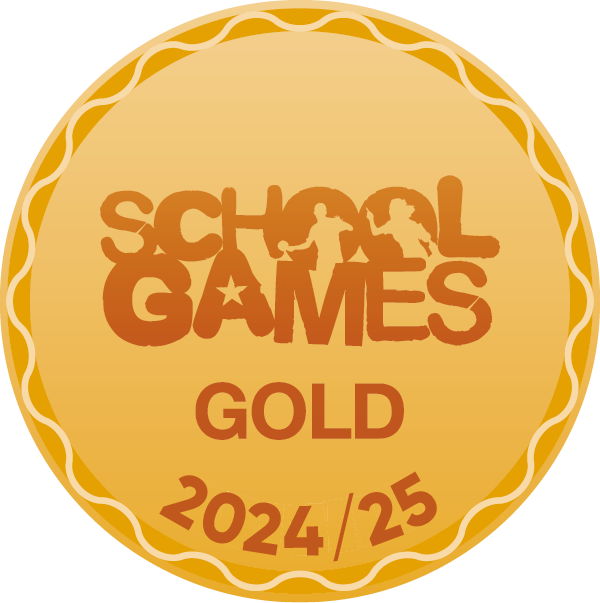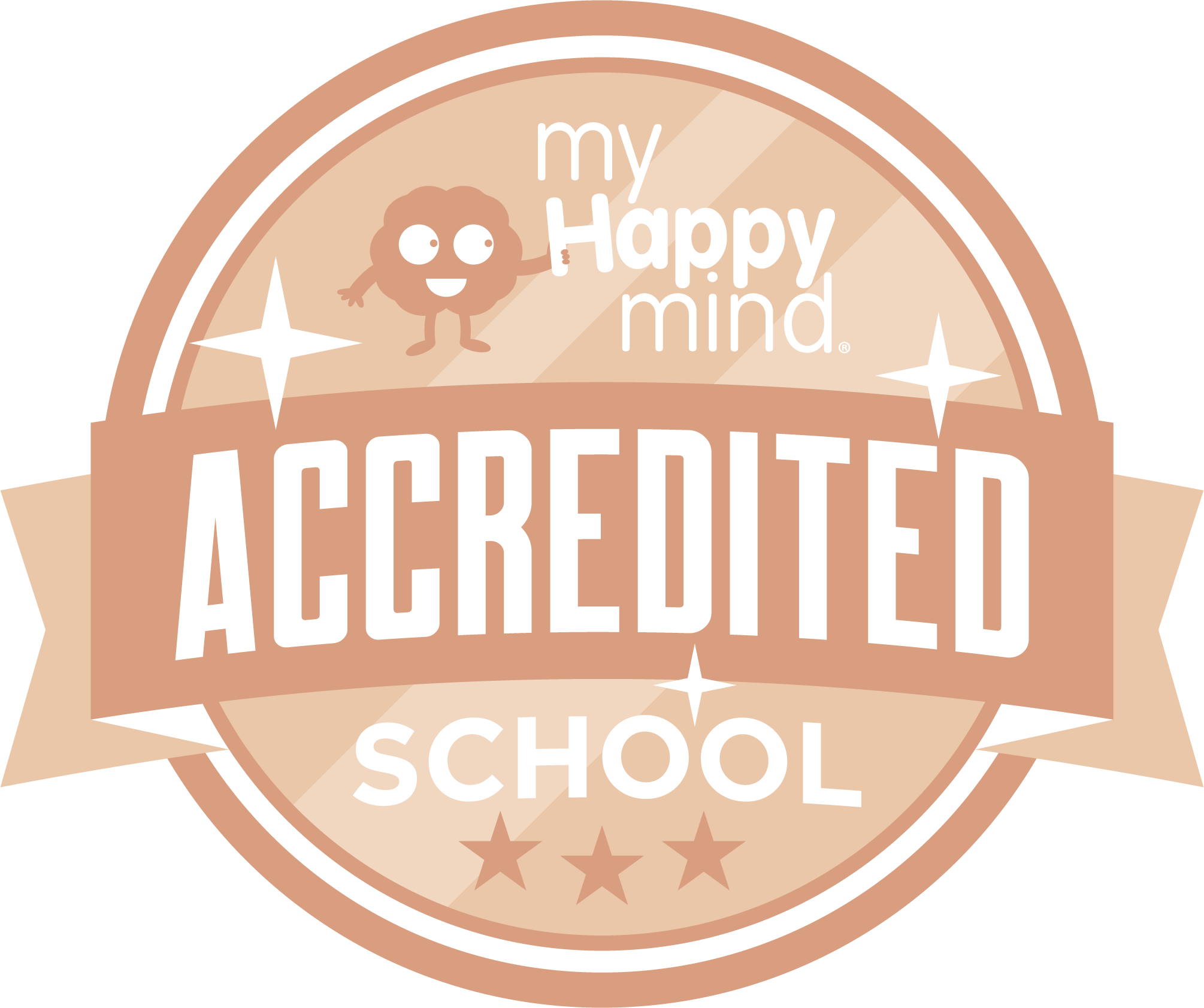Reading at BVPS
At Bournville Village Primary School, our aim is to help children develop fluency in, and a love for, the English language, through the spoken and written word. We recognise that English is a core subject within the National Curriculum and a essential for educational progress. We strive for our children to be literate.
By the time the children leave us, we aim for them to be able to:
- read, write, and speak with confidence, fluency and good understanding, drawing upon a range of independent strategies to self-monitor and correct.
- have an interest in a wide range of reading materials and read spontaneously for enjoyment and pleasure.
- acquire a wide vocabulary, an understanding of grammar and knowledge of linguistic conventions for reading, writing and spoken language.
- be familiar with, by understanding the structure and language features of, a range of non-narrative and narrative forms.
- be able to model their own writing on these familiar styles and forms according to the context, purpose of, and audience for, their writing.
- read fluently and understand extended prose (both fiction and non-fiction);
Reading
Bournville Village Primary School is determined that every child will learn to read, regardless of background, needs or abilities. We want our children to be fluent, confident readers. They will be exposed to a wealth of stories, poems, rhymes, and non-fiction to develop their vocabulary, language comprehension and engender a genuine love of reading and a keen interest in a range of texts. We work to inspire them to become life-long readers who enjoy books and have a desire to read for pleasure.
In order for the children to have the will to read, and be able to read to learn, they need to have secure skills in reading so that they can read with fluency and comprehension. Reading is at the heart of our whole curriculum underpinning every subject area. We want every child to read widely, and to gain a rich knowledge across the curriculum. By offering a wide range of texts we aim to broaden their minds and experiences to allow them to empathise with the world in which they live and support the development of their cultural capital. Reading is such an important life skill and so we need to enable them to become independent readers who can easily process information, fully engage in all learning and be well prepared for their next stage of their education.
By the end of KS1, children will be fluent at decoding, and by the age of 11, we aim for children to be able to:
- read with confidence, fluency, and good understanding, drawing upon a range of independent strategies to self-monitor and correct.
- have an interest in a wide range of reading materials and read spontaneously for enjoyment and pleasure.
- read confidently to acquire information.
- acquire a wide vocabulary, an understanding of grammar and knowledge of linguistic conventions for reading.
- meet age related expectations for reading, with the aspiration to exceed them.
Early Reading at BVPS
We teach early reading through the systematic, synthetic phonics programme Little Wandle Letters and Sounds Revised. Right from the start of Reception children have a daily phonics lesson which follows the progression for Little Wandle Letters and Sounds and this continues in Year One to ensure children become fluent readers.
We teach phonics for 30 minutes daily. In Reception, we build from 10-minute lessons, with additional daily oral blending games, to the full-length lesson as quickly as possible. Each Friday, we review the week’s teaching to help children become fluent readers.
Children make a strong start in Reception: teaching begins in Autumn term. We follow the Little Wandle Letters and Sounds Revised expectations of progress (please see below for the progression). Four new phonemes and their corresponding graphemes are taught (GPCs) each week and they are then used in the final lesson of the week to review the week’s learning. Children will also learn tricky words during these sessions.
In the Autumn and Spring term, Reception learn phase 2 and phase 3 GPCs and then will spend the final term learning phase 4.
Year 1 begin the Autumn term with 5 weeks of revision of phases 2, 3 and 4 before learning phase 5, which will be completed by the end of the year. Year 2 children will begin the year by revisiting phase 5 and other previously taught phases to ensure all children are completely confident with applying these GPCs in both their reading and their writing. (please see the overview here for what this progression looks like). Half termly assessments take place through Reception and Year 1 to help inform future teaching and help identify children who have gaps in their phonic knowledge and need additional practice. Daily assessment of learning also takes place within the classroom so staff can quickly identify any children who are in danger of falling behind and provide the appropriate daily ‘Keep Up’ intervention.
In Year 2 the children follow the Little Wandle Fluency programme :
This begins with an assessment of Phase 5. This data is used to inform the Phase 5 review lessons for the next 5 weeks. After this time, another assessment is carried out. If this assessment shows good progression and evidence that gaps have been filled, they move onto ‘Bridge to Spelling’ for 5 weeks. These sessions support the children with how to spell, the theory behind it and how to apply that knowledge in their writing. This is then followed by an assessment and then a further 20 weeks of spelling practice.
Here at Bournville Village, we want all children to have the secure phonic knowledge needed to be able to read. But being a fluent reader is so much more. We need to make teaching reading our priority so that every child can unlock all aspects of reading. When we teach reading fluency, we do just that. As Maryanne Wolf (2008) says: ‘Reading fluency involves every process and subskill involved in reading … [It] is influenced by the development of rapid rates of processing in all the components of reading.’
Little Wandle Fluency teaches all aspects of reading using vibrant, diverse and engaging chapter books created by contemporary authors and illustrators. Each book has been carefully devised to support children as they progress in reading fluency through Years 2, 3 and beyond; making sure every child can become a confident, fluent, and motivated reader.
Reading practice sessions
Children in Reception, Year 1 and 2, read fully decodable books with an adult 3 times per week during our ‘Reading Practice’ sessions. These books are then sent home for children to build their reading fluency and showcase their developing skills and phonetic knowledge to their parents/carers. These 3 reading practice sessions each have a different focus: decoding, prosody and comprehension. Our reading books in Reception, Y1 and Y2: Little Wandle Letters and Sounds Revised Big Cat books.
Session 1 focuses on decoding the words, this means we sound them out.
Session 2 focuses on prosody; this means we read with expression- this means making books more exciting and interesting with our story teller’s voice.
Session 3 focuses on comprehension. This is where we ask children questions about the book to check for understanding.
After your child’s final session for the week, they will bring their reading practise book home to read to you. The reading sessions and practising of the reading book are really important as they enable our children to learn key reading behaviours such as, reading from left to right, segmenting and blending to read, sitting in a calm and relaxing environment etc.
Video guidance for reading practice sessions
Supporting your child at home
We understand that home life is busy but if you do get chance here are some ways you can support your child with phonics at home-
* Read your child’s new reading practise book with them when they bring it home from school. Read the phonemes, words and tricky words on the inside cover. Can they spot these sounds and words in the book?
* Play ‘I spy’ using the illustrations in the book. For example, ‘I spy something beginning with the phoneme s’.
* Can they answer questions about the book? Use the
questions on the back inside cover for ideas.
* Read the sounds, words and tricky words from the homework sheets on post it notes and dot them around the house. Can they read them as they walk past them?
* Put the phonemes from the homework book on post it notes and stick them to the doors. Can they read them like a password every time they enter and exit a room?
* Can they write the words from the homework sheet by
segmenting them on their fingers?
* Can they spot any of the phonemes from the week in their sharing book?
Sharing books
Your child will also visit the library once a week. This time is spent browsing a variety of books and choosing one they would like to bring home. The sharing book is to be shared at home with a grown up. It’s not a book that will be matched to their phonic knowledge and therefore they will not access it by themselves.
It is important children have the opportunity to read a variety of books as it exposes them to reading behaviours, different genres and authors.
Videos and further information re. Little Wandle
The videos below show you how to pronounce the sounds learnt during each half-term. Notice how the children don’t add an ‘uh’ sound at the end, so they say: ‘t’ not ‘tuh’. Click on each image to be taken to the video.
Use the downloadable information accompanying each video to help your child remember how to write their letters and say their sounds.
Spring 1 > Autumn 2 > Autumn 1
Reading in Key Stage 2
The Joyce Cadbury library at BVPS
The Joyce Cadbury Library is at the heart of our school, reflecting the huge importance we place on place on books and reading. It is a welcoming, inviting space for reading, class visits, intervention groups, book clubs, lunch clubs and storytelling. Centrally located, it is easily accessed and is utilised by both staff and pupils. The school aims to promote a life-long love of reading for both pleasure and education by providing a large selection of up-to-date, fiction, non-fiction, phonics, graphic novels and dual language picture books.
Our library is looked after by school staff, and volunteers. When pupils visit the library, and by demonstrating our school value of responsibility, they assist with general up-keep of the library as well as checking out and returning library books. They learn valuable life skills such as respecting books, working as a team, helping others, alphabetising and how to keep the library tidy.
All children from YR – 6 visit the library throughout the week. In this time, they have the opportunity to choose a sharing book of their interest and to share stories with their key adults and peers. We are incredibly proud of our library, and the vast selection of texts on offer.









